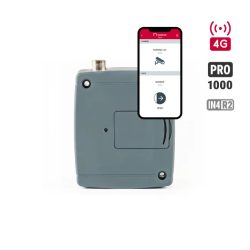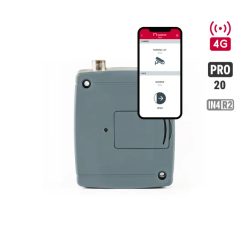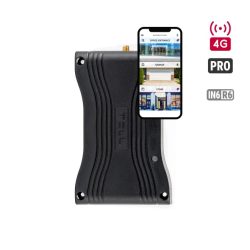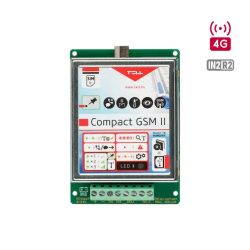VoIP vs. VoLTE: Where to use them, what’s the difference, and which one is right for you?
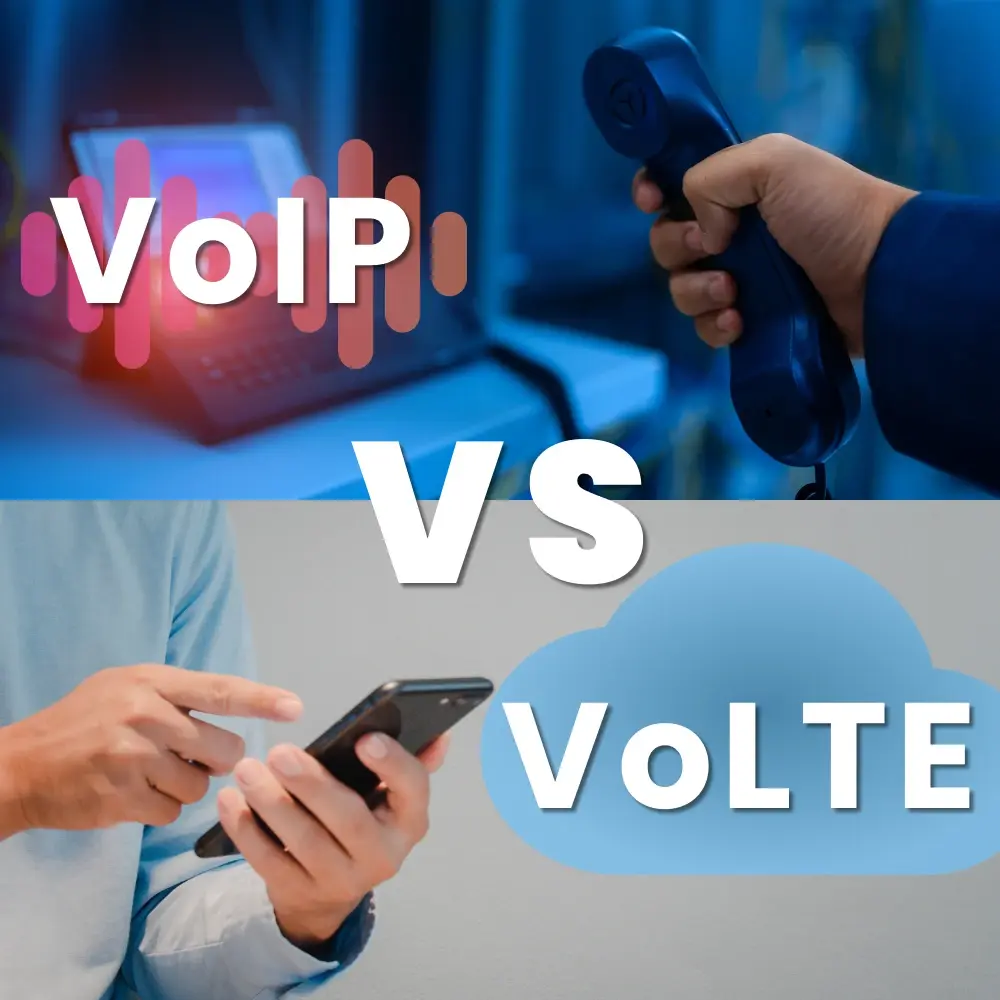
Nowadays, we often encounter these terms. Some of us may even know what they refer to, but few of us are aware of the profound differences between them and which technology is more advantageous in various situations and why. In the following article, we will simply explain the workings of both VoIP and VoLTE, their advantages and disadvantages, and the scenarios in which one or the other technology is more appropriate to use. By the end of the article, you will be able to decide which solution best meets your communication needs.
VoIP, VoLTE… What do these mean?
In modern telecommunications, there are two prominently important technologies for voice transmission: VoIP (Voice over Internet Protocol) and VoLTE (Voice over LTE). Both enable voice communication, but they operate differently and have distinct applications. VoIP uses an internet connection to transmit voice, while VoLTE utilizes the fourth-generation mobile network technology, LTE, to handle voice calls. These two technologies not only differ in their operational principles but also in the quality of voice they offer, their usage possibilities, and their various advantages and disadvantages.
What is VoIP?
VoIP is a technology that enables voice transmission over the internet. Its operation is based on converting voice into digital signals, which are then transmitted over the internet. At the destination, these signals are converted back into sound. One of the biggest advantages of VoIP is its cost-effectiveness, often being cheaper than traditional phone lines, especially for international calls. Additionally, it can be flexibly used on any device with an internet connection, such as computers, smartphones, or tablets. Many VoIP services offer additional features like video calls, conference calls, instant messaging, and file sharing, which enhance the user experience and efficiency.
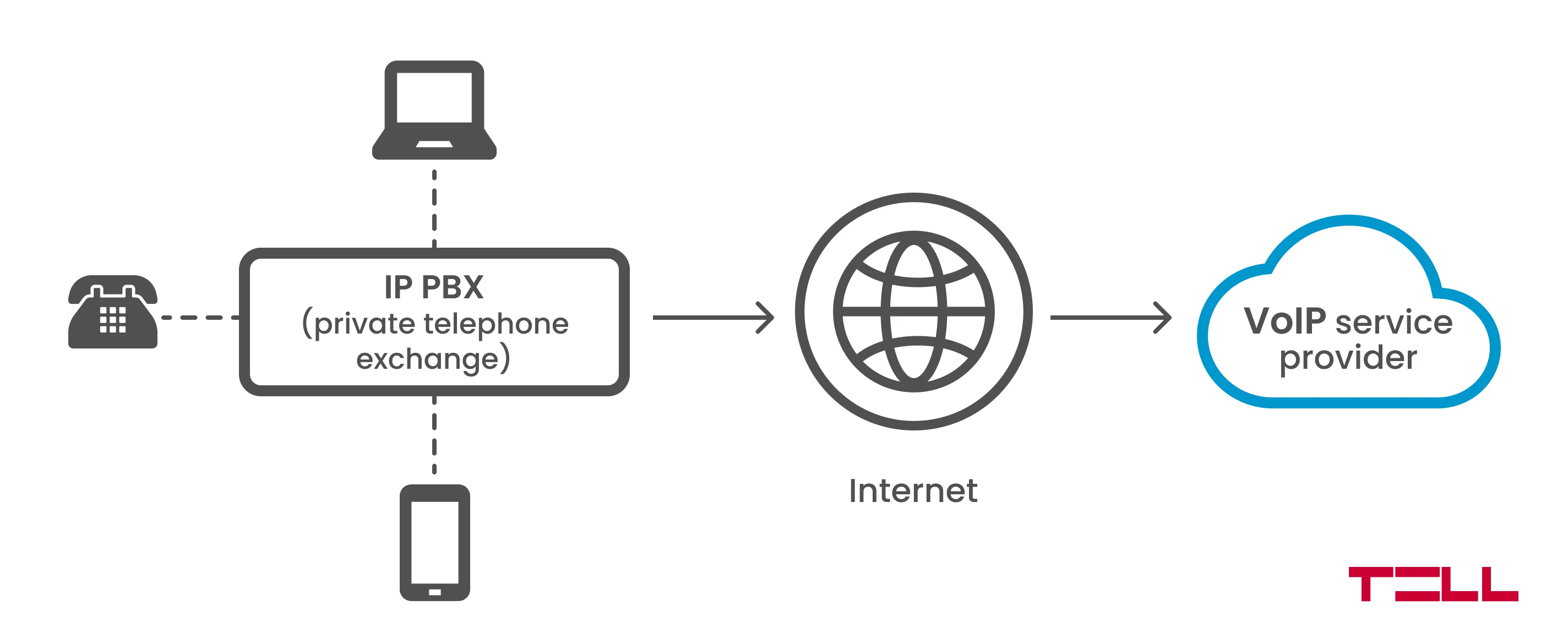
What is VoLTE?
VoLTE is a voice service based on fourth-generation mobile network (4G LTE) technology. VoLTE enables high-quality voice calls over the LTE network, providing better sound quality and faster connection times compared to traditional 2G or recently phased-out 3G networks. VoLTE offers HD voice quality, resulting in clearer and crisper sound, and calls connect faster, which can be especially beneficial for users. Additionally, with VoLTE, both voice and data traffic are handled on the same network, leading to more efficient network utilization.
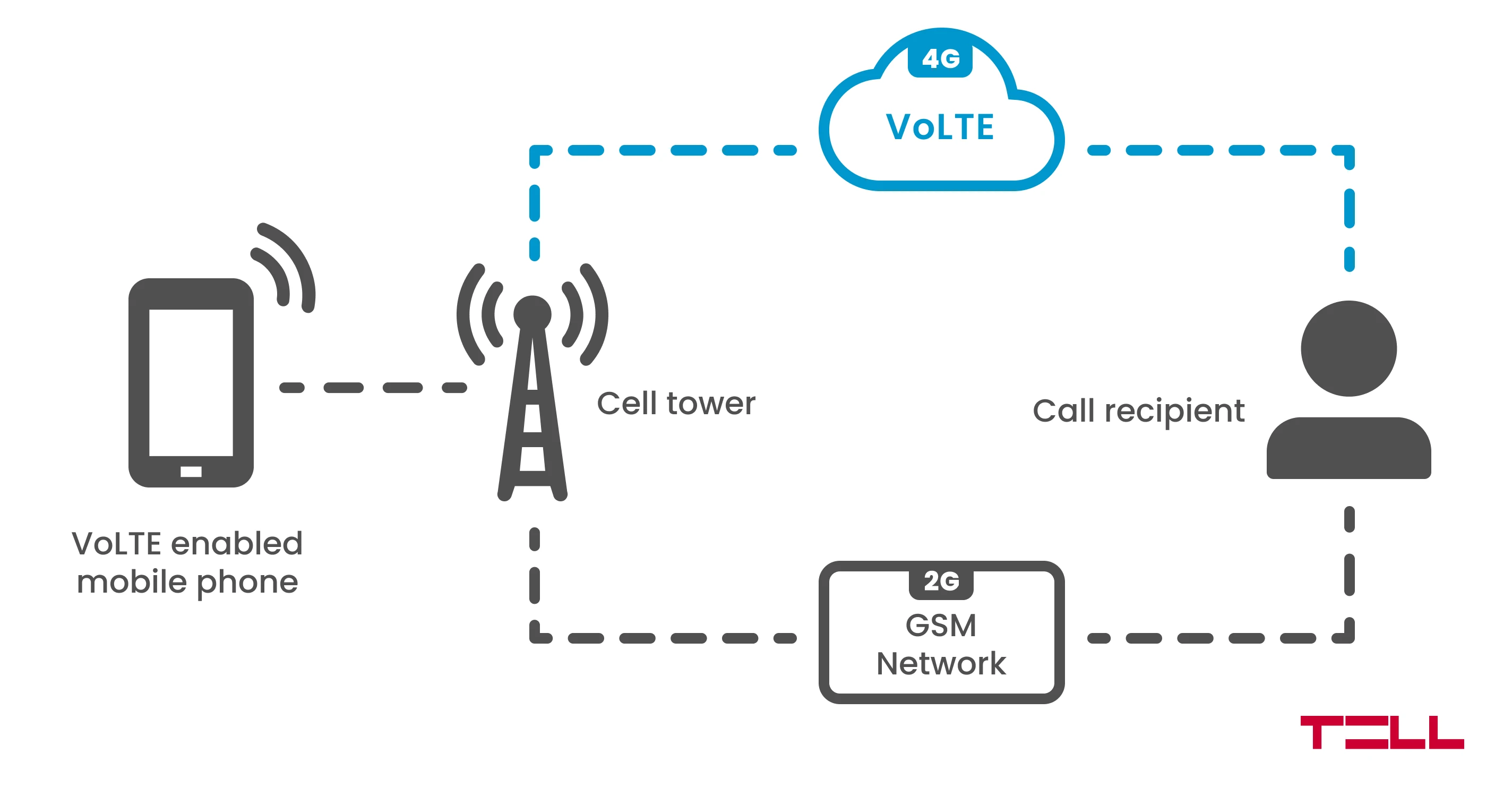
Differences and similarities
There are numerous differences and a few similarities between VoIP and VoLTE.
- VoIP uses internet connection for voice transmission, while VoLTE uses the LTE mobile network.
- While VoIP can be used on any internet-enabled device, VoLTE is only available on LTE-capable mobile phones.
- In terms of voice quality, VoLTE generally provides better quality since the LTE network is specifically optimized for voice transmission.
- Both technologies transmit voice in the form of digital signals and can offer additional services such as video calls and instant messaging.
Where to use them?
VoIP and VoLTE have different usage areas. VoIP is often used in home and office environments where a stable internet connection is available. It is particularly popular for international calls as it offers significant cost savings compared to traditional phone calls. Additionally, VoIP is an ideal solution for remote work, where flexible and multifunctional communication solutions are needed. In contrast, VoLTE is specifically designed for mobile phone use and can be used anywhere LTE network is available. For those who prioritize excellent voice quality and fast call connection, VoLTE is the ideal choice. It is especially advantageous for people living or working in areas with strong LTE coverage.
Which one should you use?
VoIP is primarily recommended for users who seek a cost-effective solution, especially for international calls. Additionally, VoIP is ideal for remote workers and small businesses that require flexible and multifunctional communication solutions. On the other hand, VoLTE is suitable for users who primarily make calls on their mobile phones and value excellent voice quality. It is particularly recommended for those who are in areas with strong LTE coverage and need fast call connections.
VoLTE-enabled products by TELL
Contact-controlled communicator, suitable for use as an auxiliary transmitter for alarm systems, to report the status of switches via calls and SMS, and for remote relay control. Includes free gate-opening function, optional temperature measurement, and control functions.
With this device, an alarm system can be installed in locations without a landline, while still providing remote monitoring capabilities. Notifications can be sent via SMS and voice calls.
It is also recommended for situations where a landline is not available, but remote monitoring notification is required. The device supports a multiplatform mobile application (iOS, Android) and provides notification options via SMS, voice calls, push messages, and email.
A gate opener module that can be controlled via mobile phone calls without the need for a remote control. It can manage up to 1000 users and store 1200 events. The module sends an SMS notification if the gate remains open and allows for remote downloading of the event log.
- Gate Control PRO 1000 - 4G gate opener module for 1000 users with mobile app - 4 inputs and 2 relays
Control of electric gates, garage doors, and barriers via the internet using a mobile app or GSM call. The status of the gate (open or closed) can be monitored in the mobile app using limit switches, and it sends SMS or push notifications if the gate remains open or fails to close. It allows for the registration of up to 1000 users with customizable permissions (e.g., restricting access outside of working hours).
Control of electric gates, garage doors, and barriers via the internet using a mobile app or GSM call. The status of the gate (open or closed) can be monitored in the mobile app using limit switches, and it sends SMS or push notifications if the gate remains open or fails to close. It allows for the registration of up to 20 users with customizable permissions (e.g., restricting access outside of working hours).
VoIP-enabled products by TELL
A complex 4G communicator that provides solutions for integrating alarm systems with remote monitoring services. It can be used as a standalone transmitter or as an IP-based control module, offering the capability for remote programming of alarm systems and facilitating communication between devices with an RS232 interface over the internet.
A complex communicator that provides solutions for integrating alarm systems with remote monitoring services. It can be used as a standalone transmitter or an IP-based control module. Additionally, it offers remote programming of alarm systems and enables communication between devices with an RS232 interface over the internet.
TMS PRO is an expandable remote monitoring software that can run on multiple computers simultaneously. Different modules can operate on separate PCs. It is modern and reliable, featuring a modular structure, and is available for rental as well.
In summary, both VoIP and VoLTE play important roles in modern telecommunications, but they cater to different needs. The choice between the two solutions largely depends on user requirements and the available infrastructure.
As promised, you should now have a clear understanding of the differences between the two technologies. Which one is the ideal choice for you?
gross: 83 947 Ft





